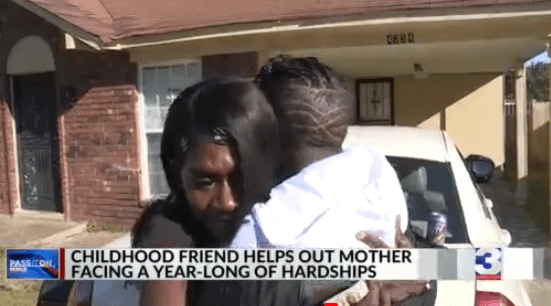MEMPHIS, Tenn. — Cases of severe lung disease have recently been highly publicized nationwide, and Memphis-area health professionals warn that the risks that come with vaping are all too real.
Health officials are looking into more than 150 cases of severe lung disease relating to vaping in 16 states.
Le Bonheur Children’s Hospital is the region’s primary hospital for children and teens. Dr. Catherine Sanders, a pediatric pulmonologist at Le Bonheur, said the most severe lung illness cases have not come to her hospital yet, but she still often sees adverse health conditions that could be linked to vaping.
“Fortunately, we haven’t seen any cases of very severe respiratory illness like are being reported around the country,” Sanders said. “But we’re seeing more and more kids who are vaping, and it’s affecting their respiratory health.”
One myth Sanders wanted to debunk is that vaping is a safer alternative to traditional nicotine smoking.
“That’s simply not true,” she said. “When you vape, you’re inhaling multiple different aerosolized chemicals that could be toxic to your lungs and airways. It’s not a harmless practice.”
Sanders said she’s glad nationwide reports of vaping-related illnesses are getting the attention of the public, and much more education is needed for everyone to know more about these products. She’s hoping these stories can help teenagers see the “very worst” risk of vaping.
“It is more dangerous for teenagers because their brains are still developing, and nicotine can be very hazardous to brain development,” Sanders said. “Children are still in school and need these (mental) capabilities.”
Studies are still being completed, but there have been reports of vapes with THC oil, a compound from marijuana, as a main culprit in these illnesses. But Sanders said THC and nicotine vapes are both still putting a foreign substance in the lungs, and it’s safest to not vape any product.
“These products are very unregulated,” Sanders said. “Because there are so many different vaping products, it can difficult to know what you’re inhaling.”
Sanders said researchers still do not know specifically which products are causing the most severe illnesses.
Because the trend is so new, doctors have a difficult time tracking diseases and knowing how to treat patients with these health issues.
“We still have a lot to learn about what these products are doing to the lungs,” Sanders said.
Children and teens are not an exclusive group to fall victim to vaping health issues. Dr. Dale Criner, medical director of the Emergency Department at St. Francis Hospital-Bartlett, said he’s seen more patients overall with severe lung problems in recent years.
“As we have seen increased use of vaping products, we have also seen an increase in the number of respiratory-related Emergency Department visits,” Criner said. “Many of these patients have underlying lung disease and the vaping product use worsens those condition. Vaping is not a safe alternative to traditional cigarette smoking.”
No hospitals in the Mid-South that WREG contacted reported any severe lung illness cases due to vaping, and they’re hoping it stays that way.























